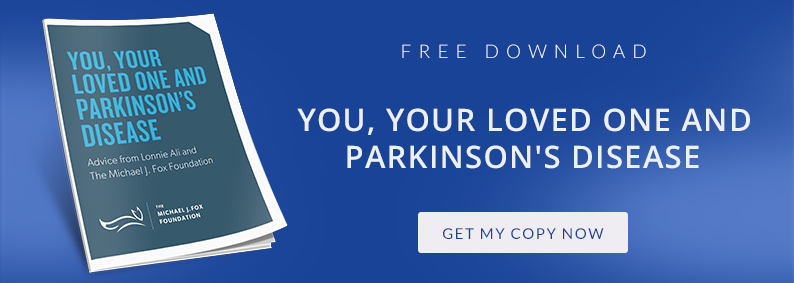Proper nutrition is important at any age. Yet, one-third of Canadian seniors don’t get enough daily nutrients and are at nutritional risk. The seniors most at risk of poor nutrition are males who live alone. As people become older, their eating habits may get worse. They could have trouble cooking, or they may need to increase their intake of certain nutrients.
Many chronic issues also prevent seniors from exercising, which makes their ability to metabolize foods that much slower. If your senior loved one is struggling to meet proper nutrition guidelines, consider following these tips.
1. Find the Perfect Balance
Everyone throws around the term balanced diet, but what does it really mean? A balanced diet consists of meals that are nutritional balanced and include lean protein, fruits and vegetables, whole grains and low-fat dairy, following the recommended serving sizes.
2. Eat Three Meals a Day
As some seniors age, their appetites decrease. Even if your senior loved one doesn’t feel hungry, it’s important they eat three times per day. This will make sure they are receiving the proper nutritional intake, even though they might not be hungry.
Get creative with meal ideas—smoothies are a great way to pack in the fruits and veggies without feeling you’re eating an entire meal.
3. Stick to a Plan
Planning meals ahead of time not only keeps your senior loved one in a routine of eating frequently but also guarantees their nutritional intake. Include some of their favourite recipes and plan a week at a time.
You can help them get groceries and make some meals that can be kept in the freezer. This will make your loved one’s life much easier, while helping them stay happy and healthy.
4. A Vitamin a Day Keeps the Doctor Away
If your senior loved one is struggling to meet the daily recommended intake of certain nutrients and minerals, a vitamin is the best way to guarantee they’re consuming the proper amount. While it’s also important not to overdo it with the vitamins, the little extra help supplements provide can be the difference between meeting the daily recommended nutritional value and missing the mark.
5. Count Your Calories
As people get older, they become less active and can’t burn calories as effectively. Because of this, you want to make sure your senior loved one isn’t overindulging, which could lead to more serious health problems.
Help your loved one start counting their calories with a food tracker, which can help them maintain a proper caloric intake throughout the day.
6. Know What Your Loved One Should and Shouldn’t Eat
There are several different factors that may determine which foods your senior loved one should and should not be eating. Different medications can react differently with food, so it’s important to ask your loved one’s pharmacist if any products should be avoided—do your research. For example, seniors living with Parkinson’s disease may take MAO-B inhibitors, which can cause high blood pressure if your senior loved on eats cured meats, aged cheese, fermented cabbage, soybean products, red wine, or tap beer.
7. Be Flexible
Whether it’s a personal decision or doctor recommended, diet changes may be necessary. It’s important to be flexible to incorporate these needs. If your senior loved one has high cholesterol, it’s best to cut out fatty foods. Instead, they should incorporate more leafy greens, berries, oatmeal, seeds, and garlic in their diet. Omega-3 capsules will also help manage their condition while maintaining healthy eating habits. Help your senior loved one find appropriate dietary replacements so they can continue to maintain their healthy eating habits.



